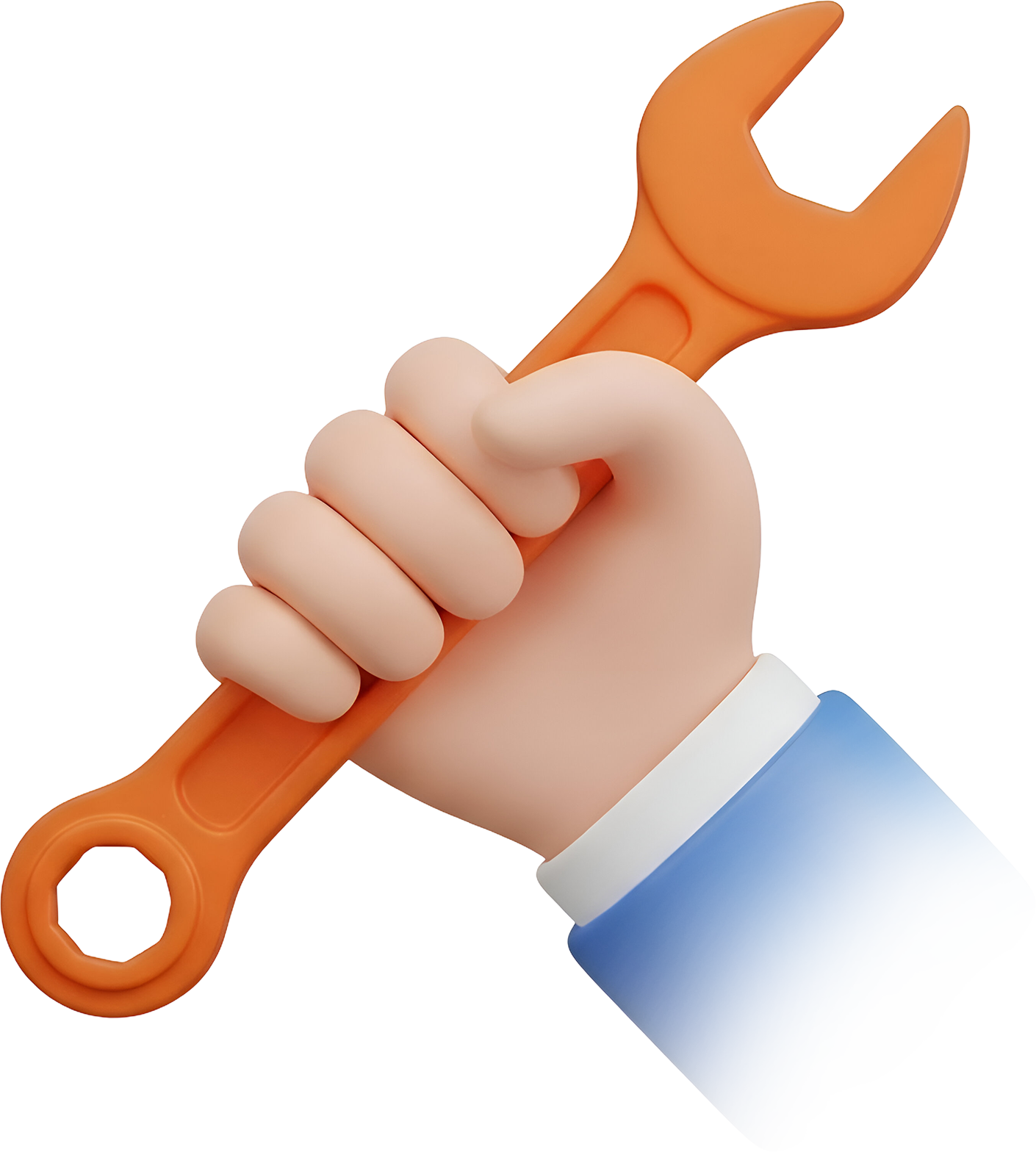Incentives influence behavior, which means giving people things can improve their performance. Incentives are any benefit that an employee receives in exchange for doing something.
Sales incentives can motivate employees to hit certain sales quotas or goals. Sales incentives are also used when you want to increase customer retention rates.

Difference Between Bonuses & Sales Incentives
Sales incentives differ from bonuses because they are given in addition to salary or wages. A bonus is usually given at the end of the year and is based on company performance. A sales incentive plan is designed to motivate employees to increase sales by offering them something extra to exceed their goals by a certain amount.
Benefits of Sales Incentives
Sales incentives are a great way to increase sales and improve your bottom line. They can also help motivate employees, which you'll want in your company as it grows.
● Increased profits, which means more money flowing into the business, allowing it to expand or invest in new products and services
● Reduced risk for the business owner and the employee involved because there is no risk involved if the incentive is not met.
● When the sales target is met, and bonuses are paid out, there is greater employee morale.
● Greater motivation for employees because they know what's at stake if they don't meet their goals
Crafting a Viable Sales Incentive Plan
1. Determine the right incentive amount: Sales incentives should be tied directly to your sales goals and specific enough so that employees know exactly how much they will receive if they achieve those goals.
2. Set a criterion: Your employees should know exactly the quota they need to exceed to be eligible for incentive pay. After that, you need to analyze the various sections directly or indirectly involved in the sales processes.
3. Consider the company culture: Depending on what kind of company you're running, different incentives might work better than others.
For example, suppose you're in a small business where everyone knows each other.
In that case, a prize drawing might be more motivating than an item prize because it feels like everyone is competing for something tangible—and winning something tangible makes employees feel like they've accomplished something real.
On the other hand, if you have many remote workers who don't know each other well enough yet for them to compete with each other directly over prizes, then it may make more sense for you not.
Conclusion
A sales incentive plan is an encouraging tool in your arsenal to expand company sales. Some companies may find it unnecessary depending on the situation and their objectives, but improving sales in certain conditions can be crucial. Either way, increasing sales positively impact the company's performance, leading to increased profits.
Find out how Compport can help you manage all your Sales incentive process, book a demo today!
%2520(6)%2520(2).avif)







.svg)


%20(55).png)
%20(54).png)
%20(53).png)
